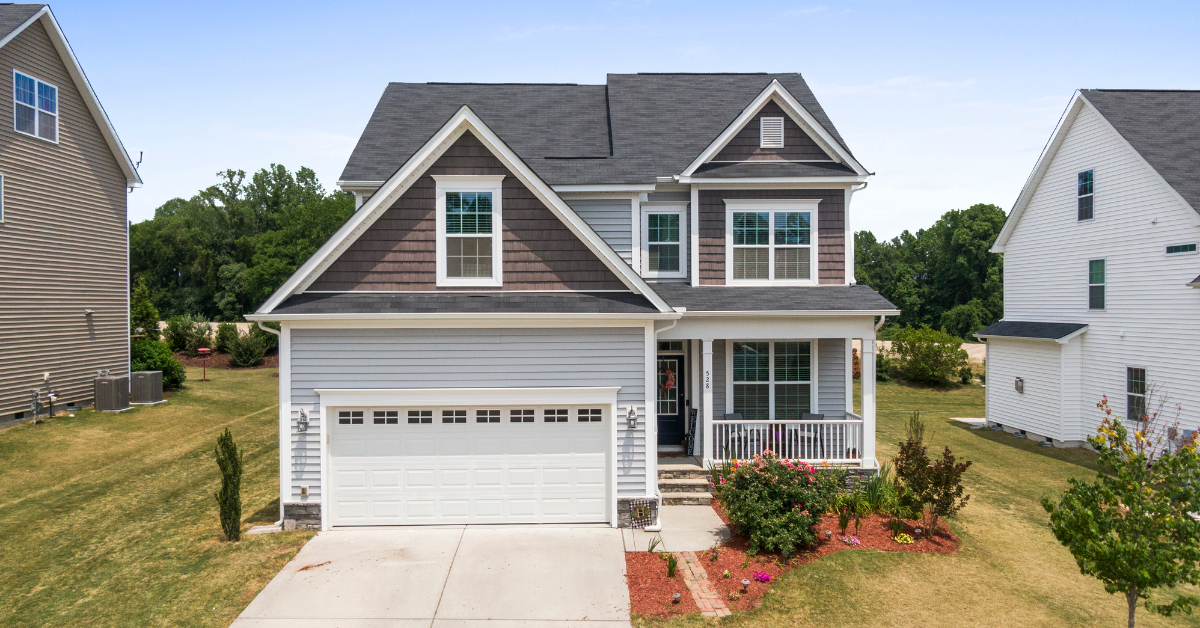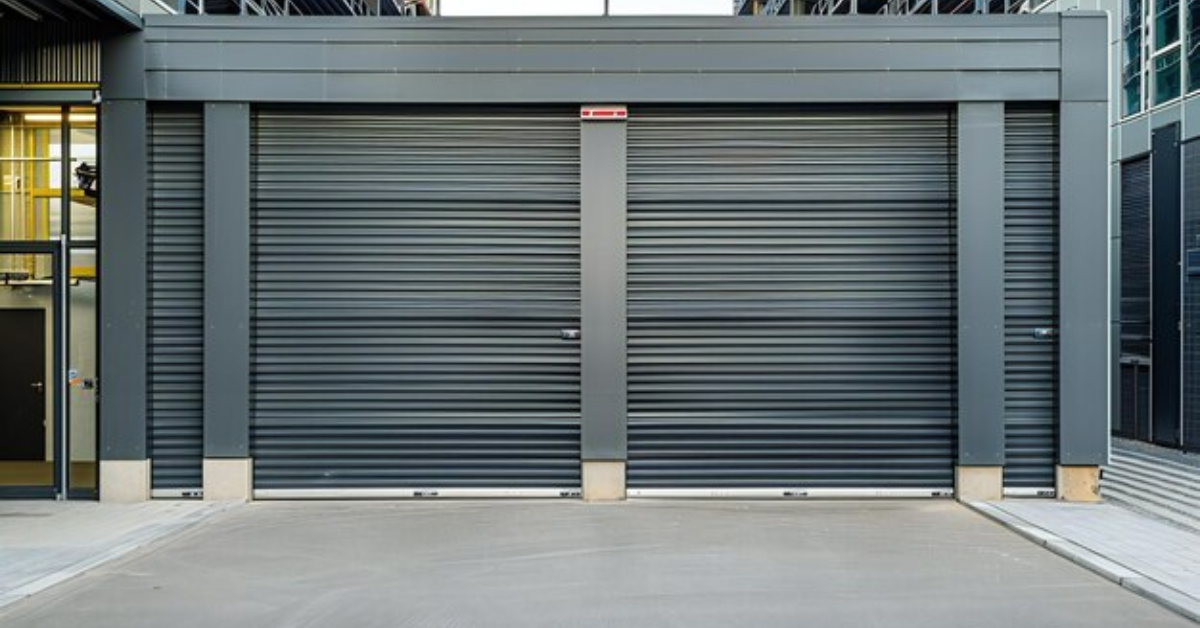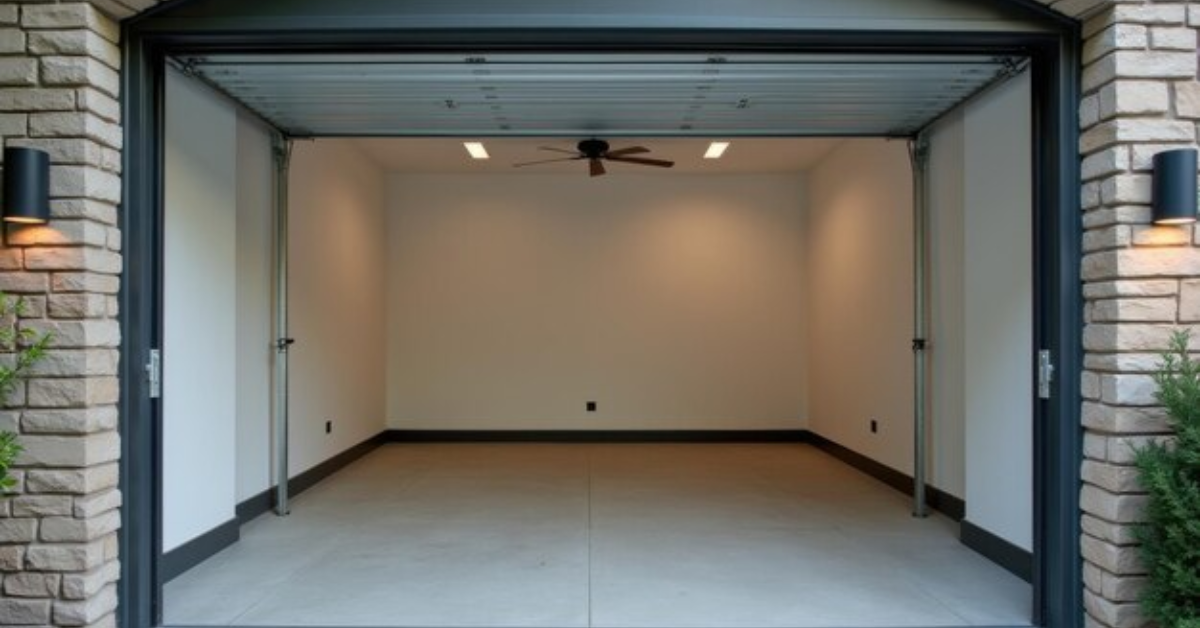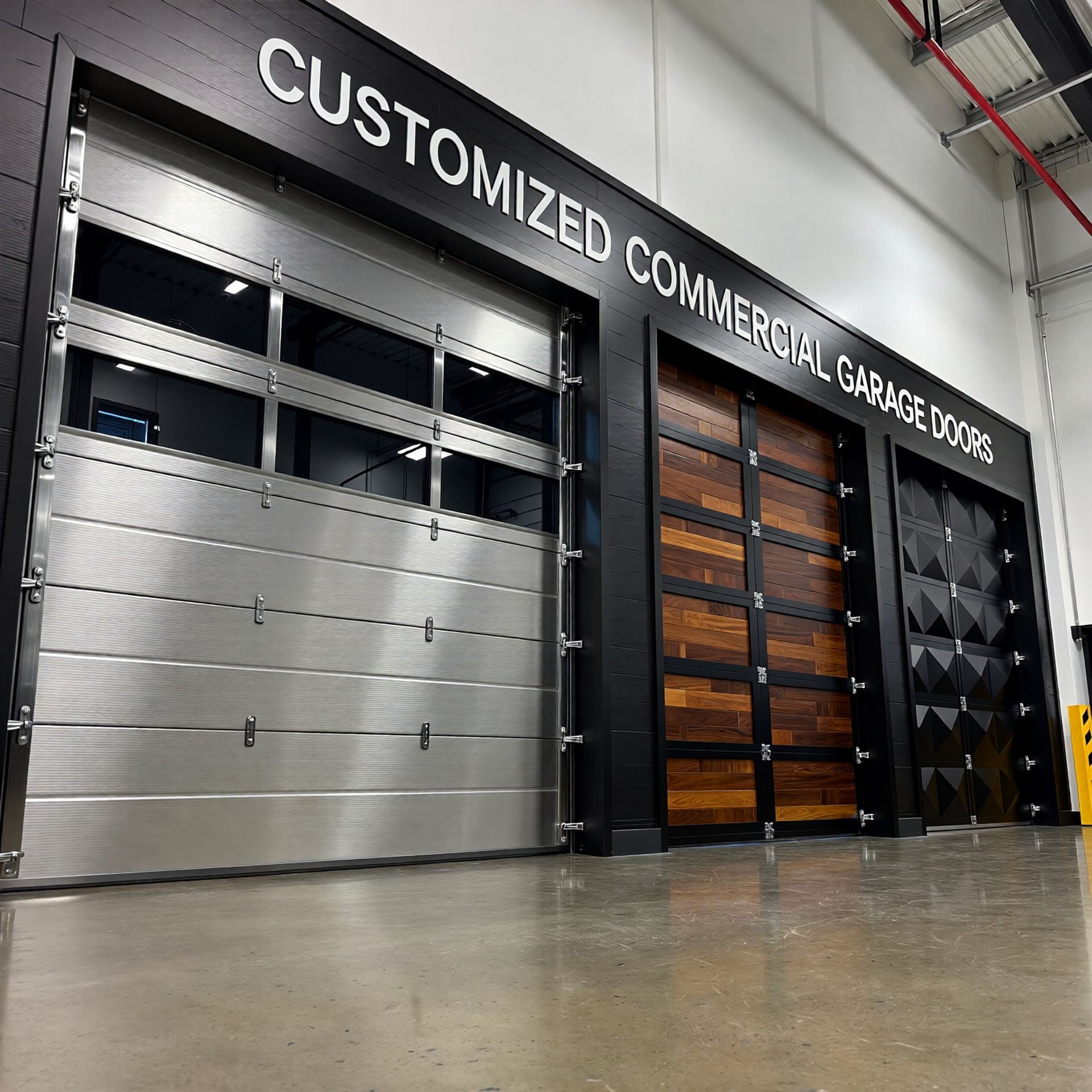What Garage Door Material Is the Best?
When it comes to choosing a new garage door, one of the most important decisions you’ll make is selecting the right material. The garage door isn’t just a functional entryway—it’s a major part of your home’s curb appeal, security, and insulation. With so many options available, figuring out what garage door material is the best for your needs can feel overwhelming. Each type comes with its own benefits, drawbacks, and price points, so understanding them will help you make a smart, long-lasting choice.
Why Garage Door Material Matters
Your garage door is exposed to weather, daily use, and potential impacts. The material you choose affects:
- Durability – How well it withstands wear and tear over time.
- Maintenance – How often you’ll need to repair, paint, or replace parts.
- Insulation – Whether it keeps your garage and home energy-efficient.
- Aesthetics – How it complements the style of your home.
- Cost – Both the upfront price and long-term expenses.
Investing in the right material means fewer repairs, lower energy bills, and a better-looking home exterior.
Top Garage Door Materials and Their Benefits
Let’s break down the most popular garage door materials so you can see which one might be best for you.
1. Steel Garage Doors
Steel is one of the most widely used garage door materials because it offers a strong balance of durability, affordability, and style. Steel doors are available in single-layer, double-layer, and even triple-layer designs with added insulation for improved energy efficiency.
Pros:
- Highly durable and resistant to cracking or warping.
- Low maintenance compared to wood.
- Can be insulated for better temperature control.
- Available in a variety of finishes and styles.
Cons:
- Can dent if struck by heavy objects.
- Without proper coating, may be prone to rust in humid or coastal climates.
Steel garage doors are great for homeowners who want a long-lasting, low-maintenance option with plenty of design choices.
2. Wood Garage Doors
Wood offers unmatched beauty and timeless appeal. Whether it’s a classic carriage-style door or a modern design, wooden garage doors add warmth and character to any home.
Pros:
- Naturally beautiful with customizable stains and finishes.
- Can be tailored to unique designs and shapes.
- Excellent insulation properties when built with solid wood.
Cons:
- Requires regular painting or staining to protect against weather damage.
- Heavier than other materials, which may require a stronger opener.
- More expensive upfront and in ongoing maintenance.
If aesthetics are your top priority, a wood garage door is hard to beat—just be prepared for regular upkeep.
3. Aluminum Garage Doors
Aluminum is lightweight, rust-resistant, and often used for modern-style garage doors with large glass panels.
Pros:
- Rust-proof, ideal for coastal or humid areas.
- Lighter than steel, reducing strain on the opener.
- Can be designed with glass for a sleek, contemporary look.
Cons:
- More prone to dents than steel.
- Insulation is usually minimal unless upgraded.
Aluminum is a great choice if you live near the coast or want a modern, low-rust option.
4. Fiberglass Garage Doors
Fiberglass doors are lightweight and can mimic the look of wood without the heavy maintenance.
Pros:
- Resistant to salt air and corrosion.
- Can be designed to look like real wood grain.
- Doesn’t warp or crack easily.
Cons:
- Can become brittle over time in cold climates.
- Limited insulation unless layered with other materials.
Fiberglass works well if you want a wood-like appearance without the hassle of regular refinishing.
5. Vinyl Garage Doors
Vinyl doors are often marketed as “kid-proof” because they resist dents, scratches, and cracking.
Pros:
- Extremely durable and low-maintenance.
- Resistant to rust, fading, and cracking.
- Ideal for high-traffic households.
Cons:
- Fewer design and color options compared to steel or wood.
- Not as customizable for unique styles.
Vinyl garage doors are a great choice for families who want a worry-free, low-upkeep option that can handle daily wear.
Which Material Is Best for You?
The “best” garage door material depends on your specific needs:
- For durability and low maintenance: Choose steel or vinyl.
- For coastal areas: Go for aluminum or fiberglass to avoid rust.
- For timeless beauty: Pick wood, especially if curb appeal matters most.
- For modern designs: Aluminum and glass combinations stand out.
Insulation and Energy Efficiency
Regardless of the material, consider an insulated garage door if your garage is attached to your home. Insulated doors help:
- Keep your garage
warmer in winter and cooler in summer.
- Reduce energy bills by preventing heat loss.
- Quiet operation by dampening vibrations.
Steel, wood, and fiberglass often offer the best insulation when combined with polyurethane or polystyrene layers.
Maintenance Tips for Any Garage Door Material
To get the most from your garage door:
- Inspect and lubricate moving parts twice a year.
- Wash the exterior regularly to prevent buildup of dirt and grime.
- Repaint or reseal wood doors annually to prevent rot.
- Touch up scratches on steel doors to prevent rust.
Final Thoughts
There’s no one-size-fits-all answer to what garage door material is the best—it all comes down to your location, budget, style preferences, and maintenance commitment. Steel is the most popular all-around choice for its strength and versatility, while wood wins for aesthetics, aluminum excels in coastal climates, fiberglass provides a wood look with less upkeep, and vinyl offers unmatched durability for busy households.
By weighing the pros and cons of each material and considering insulation, climate, and budget, you can choose a garage door that looks great, lasts for years, and meets your specific needs.

You might also like
Fix N Go Blog



